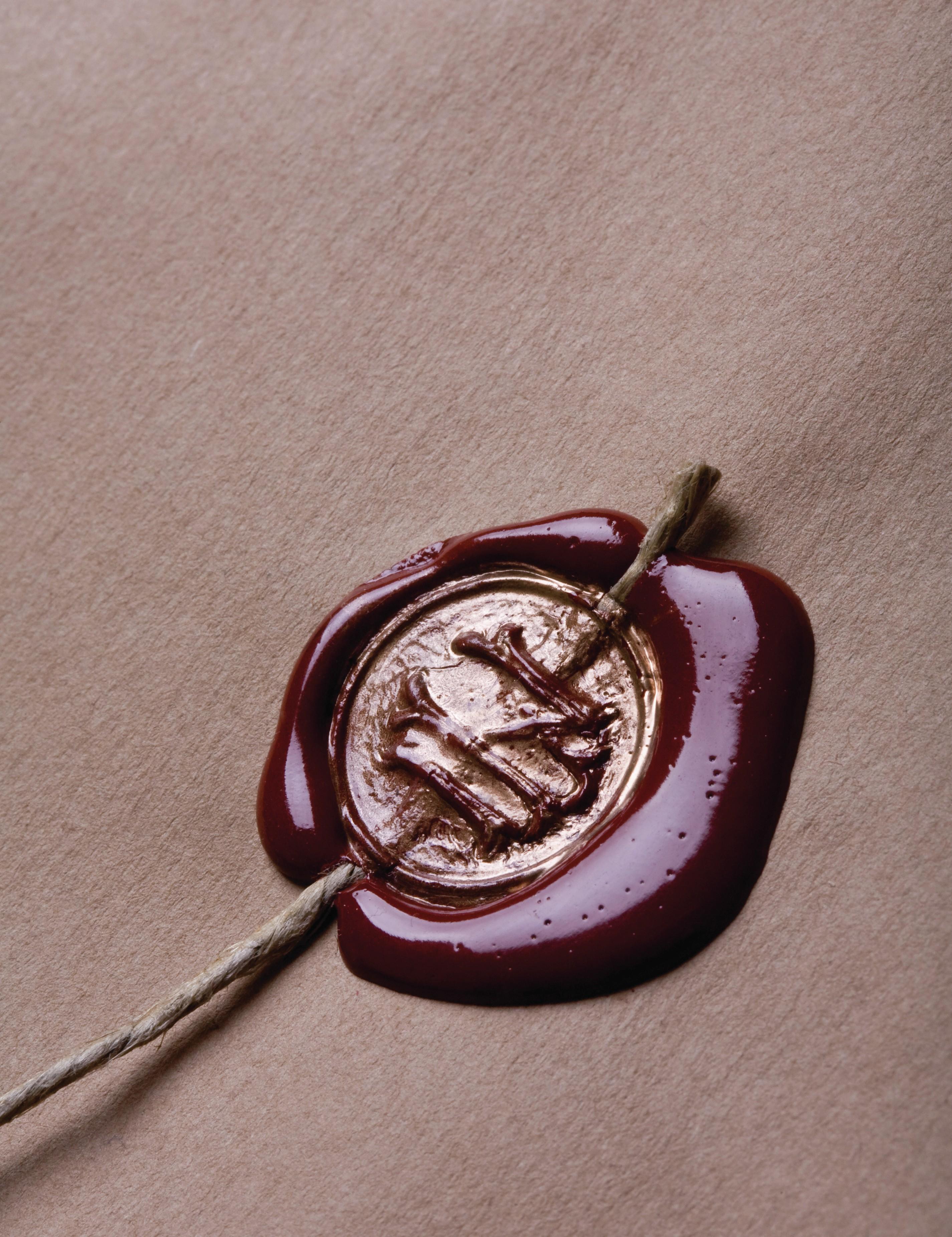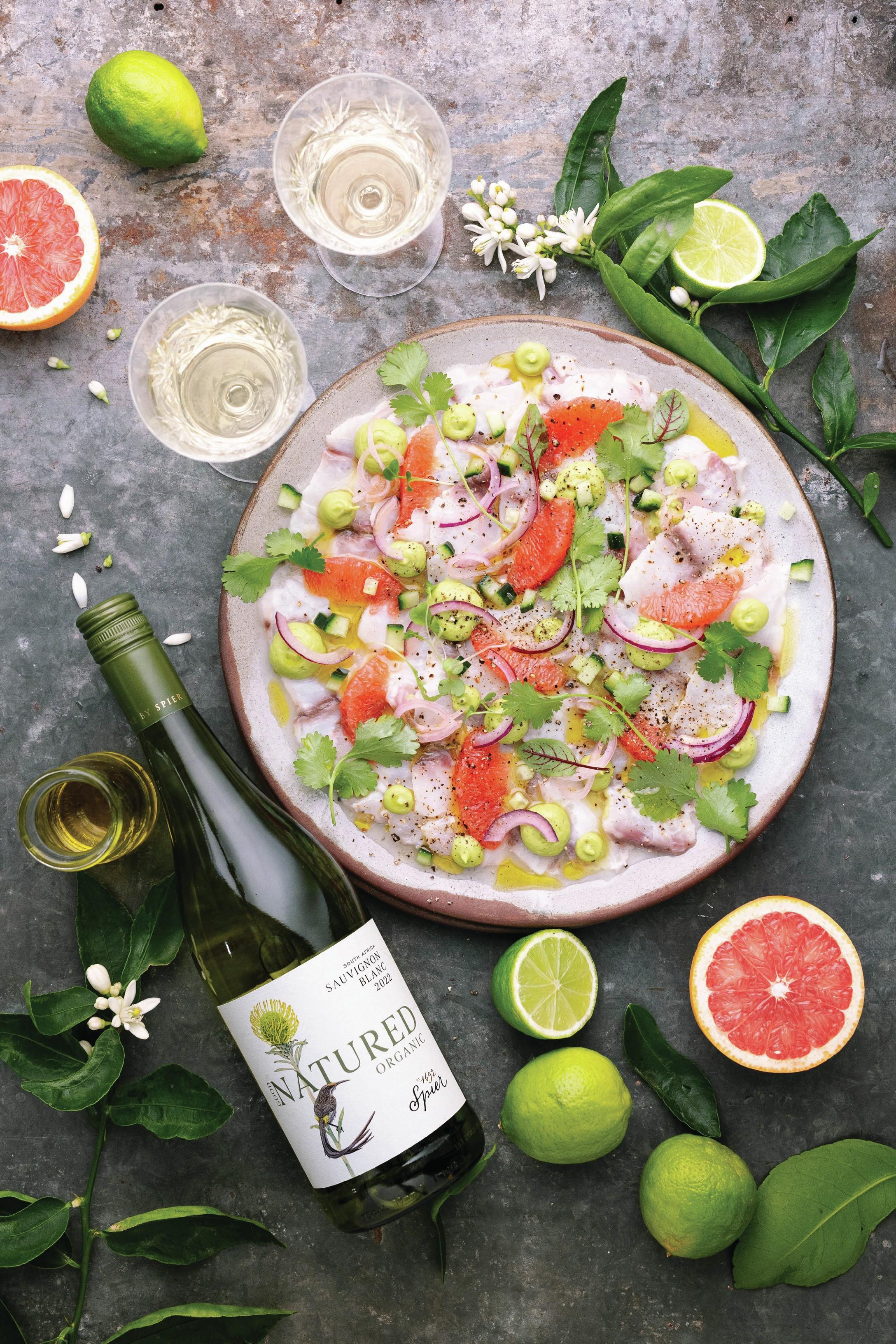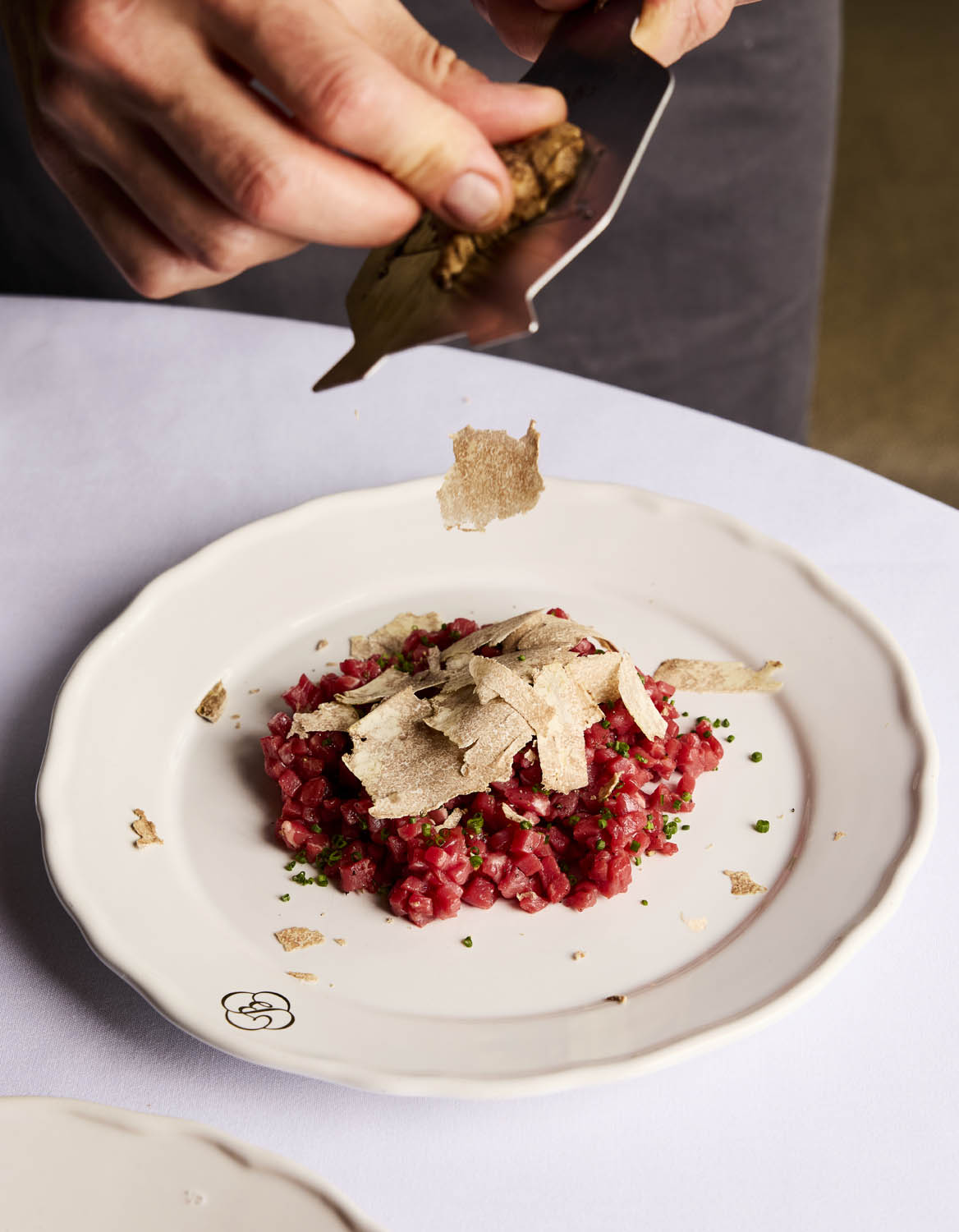Stamp of approval: South Africa makes organics official
The advent of an organic wine association in South Africa brings a new dawn for the country’s producers, but with it a fresh set of challenges. Eloise Feilden investigates.

IT’S WITH great pride that South African winemakers discuss the history of their terroir, dating back almost a billion years. Prehistoric activity is to thank for the sheer diversity of the Western Cape and its geography — with its sandstone mountains and granitic hills – and the country’s winemakers want to shout about it.
Johan Jordaan, cellar master at Spier Wine Farm, is bursting with the fervour typical of any South African winemaker. “Our soils are bloody old; they’re a lot older than the European soils,” he smirks.
South Africa’s geology has indeed resulted in some of the most ancient viticultural soils in the world. By comparison, Burgundy’s soils date back 250m years – a number which likely elicits no more than a shrug from any South African soil enthusiast.
The land may be ancient, but viticulture in the Western Cape, by contrast, is relatively young. In modern terms, at least, South African wine is still in its infancy.
“It still has a newness to it,” says Cat Felstead MW, senior buyer for UK wine merchant Berry Bros. & Rudd. But its youth is something to be celebrated. “There’s a huge amount of exciting things, because there’s still a constant strive to improve,” Felstead says.
In a new move for South Africa, 11 wineries have come together to form Organic Wines South Africa, an association of certified producers which aims to promote the development of sustainable production in the country.
BEHIND THE CURVE
Organic Wines South Africa, launched on 4 September, estimates that there are between two and three dozen organic wineries in the country today, accounting for less than 1% of production. As such, South Africa is behind the curve when it comes to making and marketing wine organically.
This is a gap that the new organisation is here to fill. Total global sales of non-organic wine fell 14.2% from 2.4bn cases to 2.06bn between 2012 and 2022, and continue to decline. Over the same period, sales of organic wine grew 145% from 29m cases to 71m, according to IWSR data.
In a statement announcing its formation, the group admitted that “we lag behind the more advanced global wine regions”, but stressed that organics offer “a significant opportunity to be seized, and market share readily available”.
Radford Dale is one of the wineries at the heart of the association. “We seem to have lost our way,” Jacques de Klerk, the producer’s viticulturist and winemaker, says of the country’s wine industry. According to de Klerk, South African viticulture has been dominated by “reactive farming”, which takes the approach that “for any conceivable problem there was a chemical solution”. The prevalence of large-scale cooperative wineries is partly responsible, and affordability has been a driving force for wine sales for many years.
“There has been very little incentive to do the hard graft of converting vineyards and sacrificing yields. The expense that is required to do this successfully has deterred a lot of growers,” de Klerk explains. “The thought of going organic provides another layer of difficulty that most don’t have the capacity to deal with, based on the kind of income they are able to generate from their vines.”

Partner Content
Producers are perhaps right to be sceptical. Organic viticulture brings with it both financial and practical issues.
As Felstead puts it: “Organics is a bit of a mixed bag; it’s not all perfectly green and healthy.”
Greenwashing, something of a buzzword these days, is a major concern for the new association. In a bid to tackle the issue, the group has limited membership to certified organic and/or certified biodynamic wine producers, although resources used or created by the group will be open to all.
For Spier ’s Jordaan, the distinction is an important one. He argues that, without certification, the risk of making false claims about sustainable practices rises. “But with a third party endorsement, it’s accredited, it’s factual.”
However, certification itself is a complex road to navigate. “The frustrating thing is the lack of universal certification,” Jordaan explains. “The EU allows things the US doesn’t allow,” and vice versa. Spier would have to go back into a three-year conversion process to certify as organic in the Chinese market.
Siobhan Thompson is CEO of Wines of South Africa (WOSA), a not-for-profit organisation which represents the country’s wine industry. She says many producers do farm organically, but bypass certification. “Sometimes this is due to administration and costs. With the often challenging climate conditions in the South African winelands, there can be a requirement for flexibility in winemaking and viticulture, which is perhaps a barrier,” she says. “But there is definitely a commitment to farming for the future generations and organic production is part of that mix.”
But the tide is turning, and South African winemakers are now having to play catch up with a greener consumer sentiment.
South Africa’s top three international markets – the UK, Germany and US – are among the four leading global markets for organic wine consumption.
Felstead has seen the sentiment shift first-hand. “Over recent years we get more and more enquiries from customers generally wanting organic wine. We see that everywhere – everyone is more focused on the planet these days, more aware of climate change, and customers feel that if they look for wine that says it’s organic, they are perhaps doing their bit to help the climate.”

The goal now is to influence South Africa’s biggest players.
Jordaan says: “I always use the onion example: we’re the centre of the onion, and we start with an idea. We trial and test it on our own farms, then we go one layer wider to our other farmers and then to other wine producers.”
And he has set his sights wide. “We only have 491 hectares, but there’s 88,000ha [in South Africa] to influence. Success breeds success, but someone has to be successful first before others will try it.”
Related news
Strong peak trading to boost Naked Wines' year profitability




